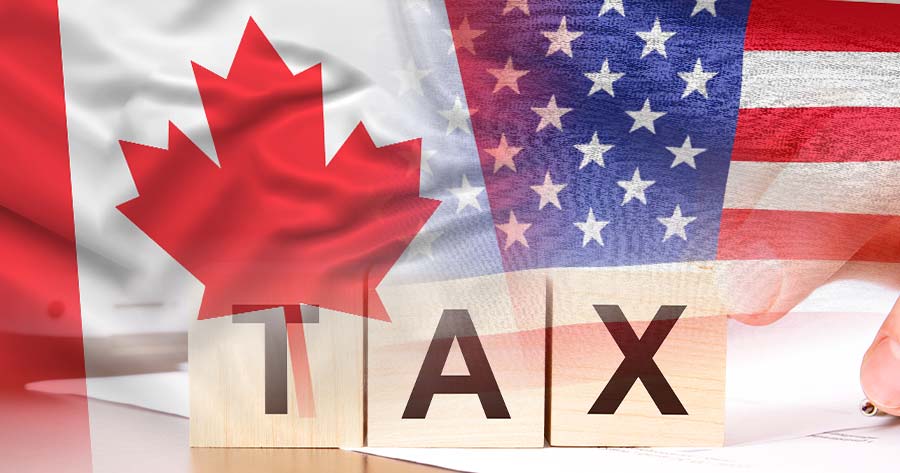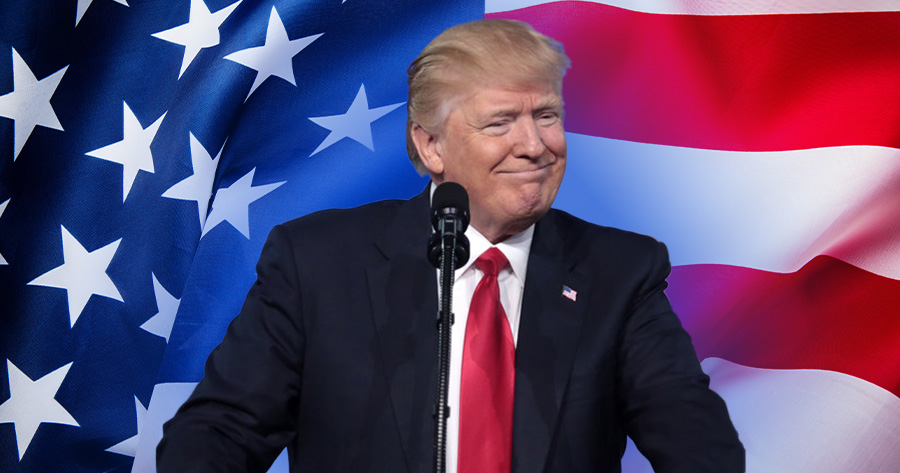According to a report by AP News citing sources familiar with the matter, Canada is considering imposing retaliatory tariffs on U.S. products such as orange juice, toilets, and certain steel products in response to threats from the U.S. President-elect Donald Trump to levy 25% tariffs on all Canadian products.
This situation echoes the trade tensions of 2018 when Canada imposed billions in retaliatory duties on U.S. imports following tariffs on Canadian steel and aluminum. In those actions, Canada targeted specific U.S. goods such as yogurt and whiskey from politically influential states like Wisconsin and Kentucky.
This week, Trump announced plans to leverage economic pressure to persuade Canada to join the U.S. as its 51st state. This is seen as an attempt to deflect from his tariff threats, according to outgoing Prime Minister Justin Trudeau.
Speaking with CNN in Washington, where he attended the funeral of former President Jimmy Carter, Trudeau highlighted the potential impact of Trump’s tariff plans, emphasizing that American consumers would face higher prices for Canadian goods.
Nevertheless, Trump reiterated his claim on Thursday that the U.S. is not reliant on Canadian imports, including oil.
The statement contradicts trade data, as nearly 25% of the daily oil consumed in the U.S. is sourced from Canada, with Alberta contributing 4.3 million barrels per day. Additionally, the U.S. Energy Information Administration reports that the U.S. consumes approximately 20 million barrels daily while producing around 13.2 million barrels domestically.
Premier Doug Ford of Ontario stated that Trump is misinformed when he claims that the U.S. does not require Canadian products and underscored the intertwined nature of the U.S.-Canada supply chain, especially in the automotive sector, where parts frequently cross the border multiple times.
Ford warned of Canada’s readiness to retaliate against any new tariffs, although he refrained from detailing potential targets.
Moreover, Canada’s Finance Minister Dominic LeBlanc stressed that Trump’s talk of annexing Canada is a tactic to create confusion and disrupt ties with Canada’s closest ally. LeBlanc has been engaging with incoming U.S. officials on a proposed plan to enhance border security, seen as a strategic move to mitigate tariff threats.
Canada stands as the leading export market for 36 U.S. states, with approximately $3.6 billion Canadian (US$2.7 billion) in goods and services exchanged across the border daily.





